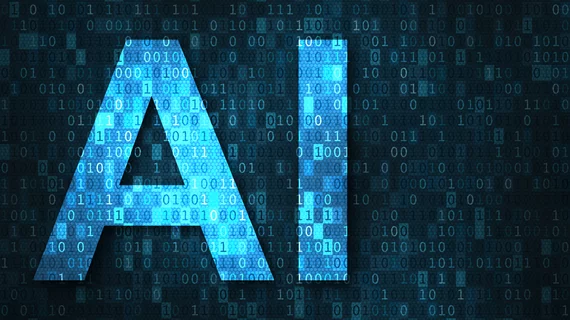Artificial intelligence (AI) is sure to change radiology, but a recent feature in IEEE Spectrum argues its true effect on medicine will be felt not in imaging, but in the pathology lab.
The power of digital pathology will be “radical,” according to the report. Diagnosis in pathology can include the tools used in biochemistry, immunology and genetics, and software produced by companies, such as PathAI, offer improved precision and accuracy at a fraction of the time it takes a trained pathologist.
Although adoption has been slow, thanks to high costs (scanners alone can be more than $250,000), Anil Parwani, head of digital pathology at the Ohio State University Comprehensive Cancer Center in Columbus said his institution’s digital platform will pay for itself in five years. Ohio State’s Center is one of the sole sites in the U.S. where pathologists routinely digitally scan slides as part of their workflow.
Fewer than two percent of medical graduates choose to pursue pathology, the story noted. AI can help play a crucial role in this shortage and free-up pathologists to take on additional cases.
“The promise of machine learning is to augment what a pathologist can do alone,” said Ulysses Balis, director of the division of informatics at the University of Michigan’s pathology department and chief strategy officer of a digital pathology company called Inspirata. “These technologies allow the profession to scale with increased demand.”
Read the entire IEEE Spectrum story below.

